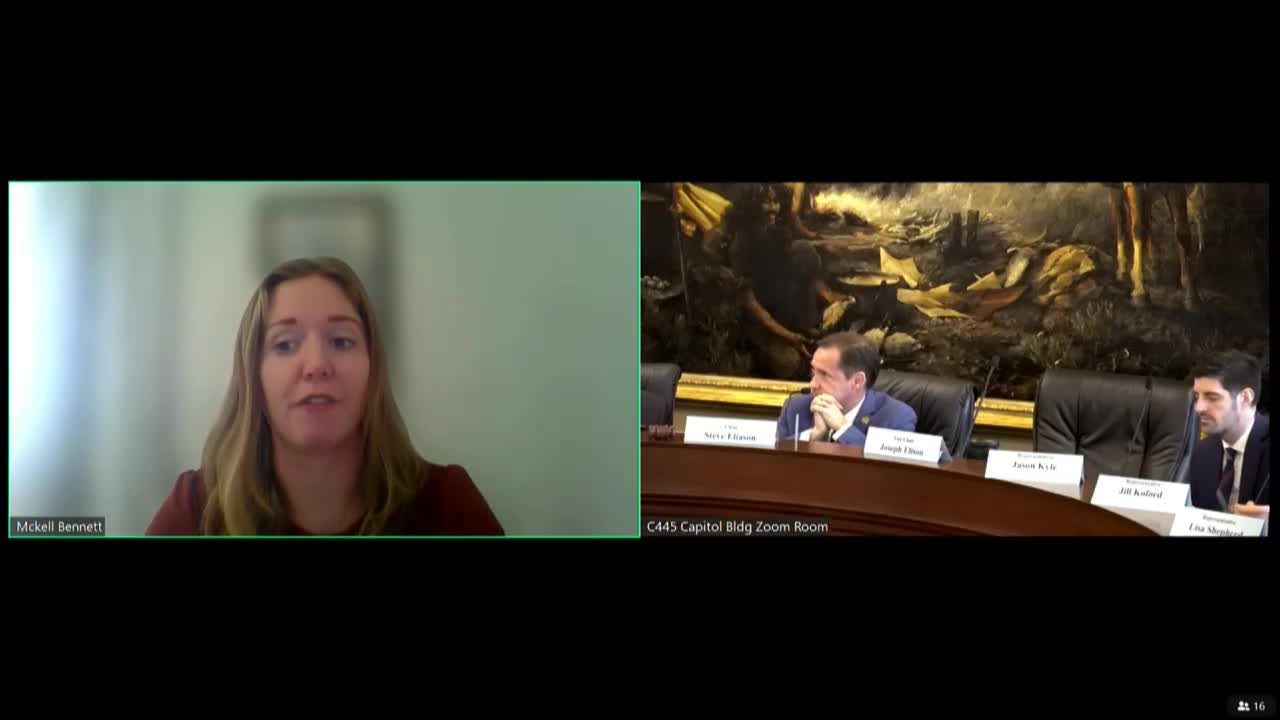Committee votes to cap automatic school‑rate growth tied to WPU value; bill passes 7–4
Get AI-powered insights, summaries, and transcripts
Subscribe
Summary
The House Revenue and Taxation Committee passed HB 110’s second substitute, 7–4, to stop automatic increases in the part of the basic school levy linked to the weighted pupil unit (WPU) value rate and to require the same transparency rules (truth in taxation) as other local property tax changes.
The House Revenue and Taxation Committee voted 7–4 on Feb. 19 to pass the second substitute of HB 110, legislation that would eliminate an automatic, legislature‑driven increase in the portion of the basic school levy tied to the weighted pupil unit (WPU) value rate and require the same truth‑in‑taxation procedures used for other property tax increases.
Sponsor Representative Auxier said the adjustment would “uncouple” a policy that has caused compounding increases in the portion of property taxes that help fund the state’s basic school program and the Teacher and Student Success Account (TSSA). “This is just getting rid of a ratchet and tying our hands going forward,” the sponsor said, adding the change would prevent unvoted automatic increases from showing up on homeowners’ property tax bills.
The bill’s presentation reviewed the mechanics of school funding: the WPU (weighted pupil unit) sets per‑pupil targets and the WPU value rate determines how much of local taxable value is used to reach that statewide target. The sponsor said the legislature has increased WPU amounts and then allowed the WPU value rate to push more burden onto local property tax collections; HB 110 would stop that continuing compounding effect.
Supporters — including the Utah Taxpayers Association, Utah Eagle Forum, and several individual homeowners — told the committee the bill would restore transparency by requiring local truth‑in‑taxation processes when additional property tax revenue is sought for the basic program and would limit further automatic growth in property tax bills.
Public‑education advocates, the Provo Education Association and teachers’ representatives, opposed the bill, saying Utah remains near the bottom nationally on per‑pupil spending and that the state’s overall education funding level continues to need investment. “Our costs go up automatically every year,” the Provo Education Association president told the committee and urged a no vote.
Committee members asked about enrollment trends, offsets, and whether the proposal would reduce overall school funding. The sponsor and several members of the committee said the bill does not cut current funding; rather, it halts a predictable automatic increase that would otherwise continue to grow the TSSA and the basic levy’s local share. A fiscal note attached to the substitute showed zero net fiscal impact for the state in the substitute version adopted during the hearing.
The committee adopted the second substitute and then voted to pass the substitute with a favorable recommendation; roll call for final passage recorded 7 yeas and 4 nays. Sponsors said the change would take effect in 2026 under the substitute language to give districts budget certainty and preserve the current funding level while stopping future automatic increases tied to the WPU value rate.
